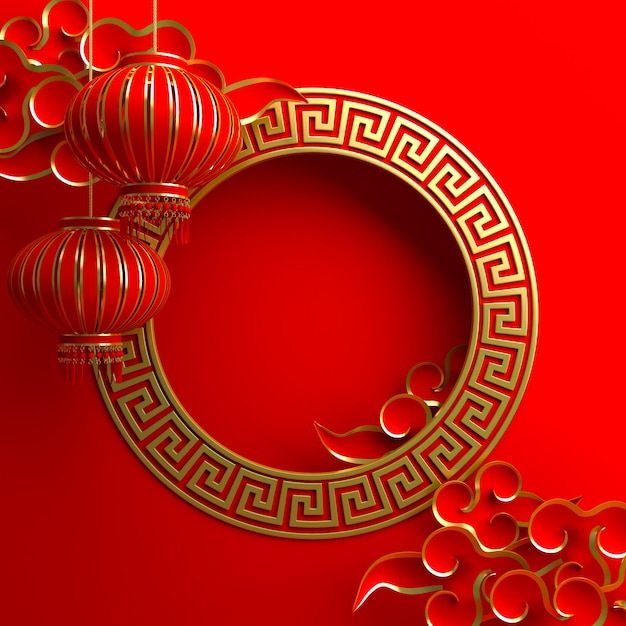Top 10 greetings in Chinese for Beginners
China is a beautiful country with an extremely vibrant culture. From their Yu Garden to their Jingshan Park, or from their Forbidden City to the Temple of heaven. They have it all for nature lovers and history fanatics. Let’s say you’re neither, you’re probably a food lover though. China has one of the best cuisines in the entire world. From their mouth-watering Dim sums to their Hot and Sour soups, or from their sweet street style Bow Ties to their spicy Szechwan noodles, they have it all for you. Let’s say you’re not much of a traveller, to begin with, no worries. You’re probably here due to business or educational purposes since China moves closer towards replacing the US as the world’s largest economy. Whether you’re travelling to the country or have business relations or have to move out there due to education, either way, you will require a couple of basic greetings.

Here are some of those basic greetings:
Good Morning
Chinese translation: 你早 (nǐ zǎo)
Use this to start a polite conversation, or to just greet people during the morning hours.
Hi or Hey
Chinese translation: Nǐhǎo 你好
It is pretty similar to Good morning.
Thank You
Chinese translation: Xièxie. (sshyeah-sshyeah) 谢 谢
Most Asian languages are extremely polite, hence mastering the word Thank you is extremely important.
Sounds Interesting?
See you later
Chinese translation: 回头见。(húi tóu jiàn)
Use this if you make a new friend or even a travel companion or simply even with a client that you’ll probably be seeing soon.
Excuse Me
Chinese translation: 請問 [请问] qǐngwén – to attract attention (“may I ask”)
This should be specifically used to grab someone’s attention politely.
Sorry
Chinese translation: 對不起 [对不起] (duìbùqǐ)
Let’s all hope you don’t have to actually use this, but there’s absolutely no harm in memorizing it anyways.
Wait! We have more..
Nice to meet you
Chinese translation: 幸會 [幸会] (xìng huì)
This will most likely be used by the business officials or the students who will constantly interact with new people.
Please
Chinese translation: 請 [请] (qǐng)
As mentioned previously, Asian countries take polite nature very seriously and do not appreciate rudeness in any form.
Where are you from?
Chinese translation: 你是哪國人? (nǐ shì nǎguórén)
An extremely useful question to start a good conversation.
Do you speak English?
Chinese translation: 你會說英語嗎? (nǐ huì shuō yīngyǔ ma?)
Let’s consider a situation where you’re finding it extremely difficult to communicate. You can at least find someone who understands English to help you out.

Finally!
These are just a few words and phrases that should help you get by while in China. Although it is good to properly learn their language. Mandarin seems to be on the rise as the new Global Communication language replacing English. So, it is advisable to possess the knowledge of this language.


